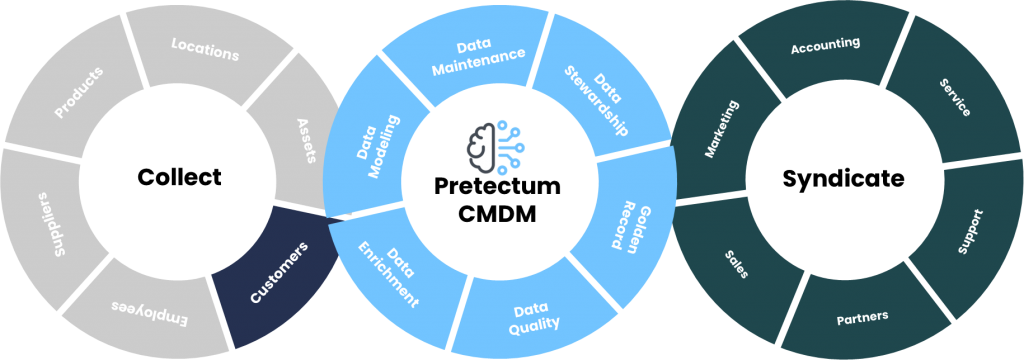Make people who aren’t your customers wish that they were. Sounds easy right? We know it is easier to say it than it is to make it happen but we do have some thoughts about how the way you interact with your customers and prospects may just influence them in a way you hadn’t considered.
“Even the best of what formerly passed for good customer service is no longer enough” – we’re sure you agree, that the way your customers have come to expect personal interaction, is radically different today as compared with what it likely looked like even just a year ago.
The reality is that your customers are evolving, and with them, their expectations. Today, every member of your sales, support, and service team needs to function as a customer concierge.
A concierge ([kɔ̃sjɛʁʒ]) is an employee of a multi-tenant building, such as a hotel or apartment building, who receives guests. The concept has been applied more generally to other hospitality settings and to personal concierges who manage the errands of private clients. - https://en.wikipedia.org/wiki/Concierge
Even if your business isn’t in hospitality, your staff need to do everything they can, to make every prospect and customer, feel recognized, acknowledged, appreciated, and heard. They all want to feel special
As Gary Vaynerchuk, states in The Thank You Economy – “You have to make them feel special, just like when your great-grandmother walked into Butcher Bob’s shop or bought her new hat, and you need to make people who aren’t your customers wish they were.”
So how exactly can your business do that?
At Pretectum, we think the answer lies in the data. If you have the data, you can leverage it.

If you don’t have the data, you can embark on a data gathering and data collection exercise that will empower your teams and fuel your technologies for improved messaging and personalization – customizing the whole customer experience in a way that is aligned with their preferences, passions, and interests.
With the Pretectum CMDM solution, you’re able to take advantage of a platform that supports centrally managed customer master data for small or large groups in a unified or an isolated way, according to the specific way in which your business prefers to have data governance organized.
Forging good customer relations
In retail good customer relations include remembering and appreciating repeat customers, creating local connections with shoppers, putting product knowledge to good use, and of course much more. A great deal of this can be augmented with data that your business has in relation to those customers provided you take the trouble to capture it and harvest insights from it.
If you’ve ever spent any time dealing with an older established department store you will know that many of them have staff who are “personal shoppers” – people who help others shop by giving advice and making suggestions.
You’ll still find them in some high-end stores but of course, smaller retailers can do this themselves simply by training their retail staff to be more attentive and personalized and less transactional. Personal shoppers are often employed by department stores and boutiques, although some are freelance or work exclusively online.
Often with a focus particularly on apparel, the reality though, is that personal shopping can also apply to non-clothing retail – such as furniture, and specialized fields like electronics, vehicles, and travel – offering personal shopping services is on the rise.
As consumers, we will tend to appreciate the store owner who remembers the repeat customer. One of the easiest ways to support your staff in being able to do that is by providing customers with a unique way of being identified, like a loyalty card; and storing essential information that relates to the relationship with the customer in a point of sale, service or support system.
At the swipe or scan of a card or phone, your staff can surprise and delight key customers with personalized service which will drive positive retention. All your repeat “known” customers are likely to be your best ones’s they’ll be very appreciative of a retail experience that is finely attuned to them and their loyalty
So, make it a point to let your frequent customers know that you’re grateful for their purchases by taking advantage of the data that you have about them, every time you interact with them.
Put all that info you have in your CDP, CRM, and ERP to good use by augmenting your systems with a single source of customer truth – a customer master data management system.
Once you have their information you’ll be sure to be able to use that customer data to serve your customers better.
The customer experience is more than important ever. You’re doing business in an environment where consumers have more choices than they have ever had before. How you interact with them can be a huge differentiating factor and it can turn indifferent shoppers into raving fans.
Contact us to learn how Pretectum CMDM can be of use in your organization.
#LoyaltyIsUpForGrabs


